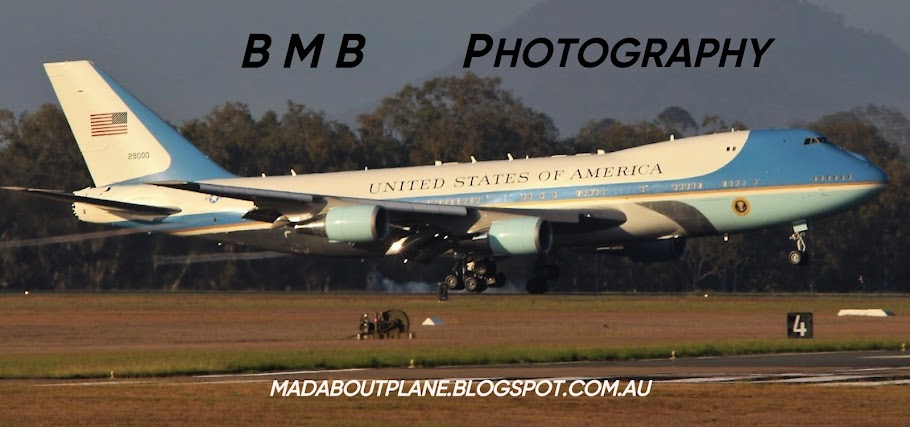Huge thanks to our incredible, well-trained 787-9 cabin crew who responded swiftly and worked alongside 3 doctors (one being an obstetrician) who happened to be on board as passengers. HiFly said in a statement,
Despite the intense situation, our crew kept everything running smoothly, and their collective expertise ensured the safety and comfort of both mother and premature newborn.
Upon landing in Nairobi, mother, baby, and their little daughter were safely transferred to awaiting local health services. The newborn is doing perfectly well, and we wish him a lifetime of happiness!
Upon landing in Nairobi, mother, baby, and their little daughter were safely transferred to awaiting local health services. The newborn is doing perfectly well, and we wish him a lifetime of happiness!
This got me thinking, if you were born in the air, what nationality are you, or what actually happens. So I did some google searches and found this:
If you are born in the air, your citizenship is typically determined by the country where the aircraft is registered meaning the citizenship of the plane itself, not necessarily the airspace you were flying over at the time of birth; this is because most countries follow the principle that an aircraft is considered part of the territory of the country where it's registered, regardless of its location in the air.
Key points to remember:
Parents' Citizenship:
In most cases, the citizenship of the child born in the air will also be linked to the citizenship of their parents even if the aircraft is registered in a different country
Jurisdictional complexities:
While the aircraft registration is usually the deciding factor, specific legal situations may vary depending on the countries involved and their nationality laws.
Births on airplanes are extremely rare, with only about 70 people worldwide known as "skyborns"
This means that only about one in every 26 million air passengers give birth on a flight.
It's very unlikely that a pregnant woman close to labor will be allowed to board a plane. Air travel and crowded airports can increase a newborn's risk of catching an infectious disease.
There is no official data on the number of babies born on planes, but a 2020 study found that 74 babies were born on commercial flights between 1929 and 2018. 71 of the babies survived delivery, while two died shortly after.
The gestational age of the babies ranged from 25 to 38 weeks. Most airlines have policies that restrict pregnant women from flying in the later stages of pregnancy.
If you are born in the air, your citizenship is typically determined by the country where the aircraft is registered meaning the citizenship of the plane itself, not necessarily the airspace you were flying over at the time of birth; this is because most countries follow the principle that an aircraft is considered part of the territory of the country where it's registered, regardless of its location in the air.
Key points to remember:
Parents' Citizenship:
In most cases, the citizenship of the child born in the air will also be linked to the citizenship of their parents even if the aircraft is registered in a different country
Jurisdictional complexities:
While the aircraft registration is usually the deciding factor, specific legal situations may vary depending on the countries involved and their nationality laws.
Births on airplanes are extremely rare, with only about 70 people worldwide known as "skyborns"
This means that only about one in every 26 million air passengers give birth on a flight.
It's very unlikely that a pregnant woman close to labor will be allowed to board a plane. Air travel and crowded airports can increase a newborn's risk of catching an infectious disease.
There is no official data on the number of babies born on planes, but a 2020 study found that 74 babies were born on commercial flights between 1929 and 2018. 71 of the babies survived delivery, while two died shortly after.
The gestational age of the babies ranged from 25 to 38 weeks. Most airlines have policies that restrict pregnant women from flying in the later stages of pregnancy.

No comments:
Post a Comment